10 Unique Lamps Shed a Little Light on Things
Discover creative and innovative lamp designs that add artful illumination to any room. Our guide explores unique table lamps, floor lamps, and desk lamps to brighten up your home.
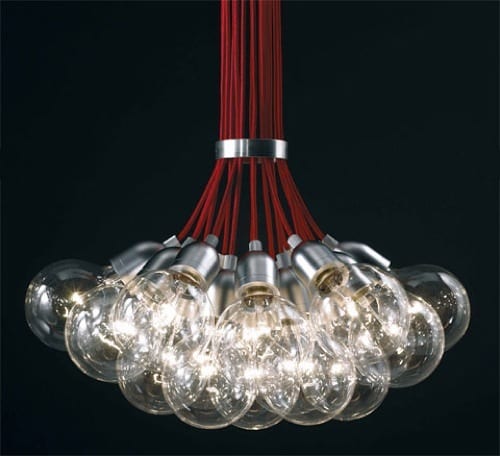
Discover creative and innovative lamp designs that add artful illumination to any room. Our guide explores unique table lamps, floor lamps, and desk lamps to brighten up your home.
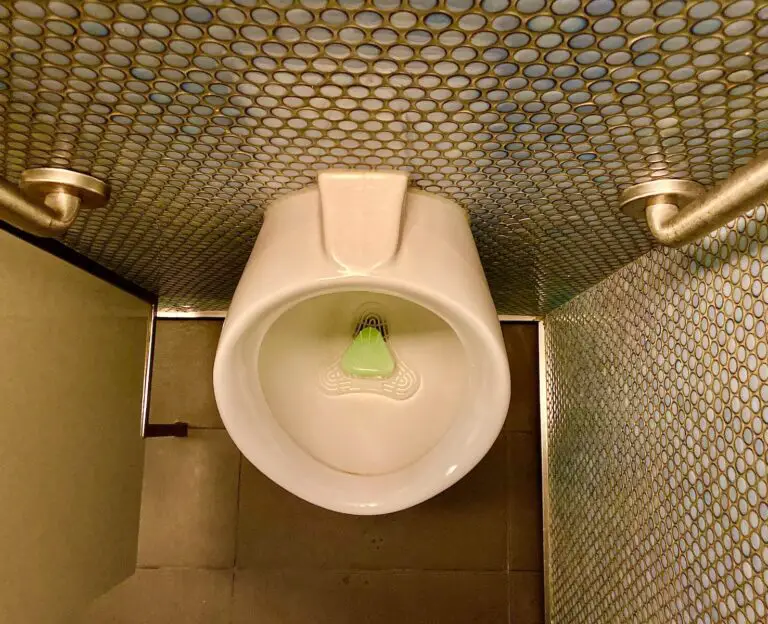
Small bathrooms can be a pain, especially when finding the perfect toilet. As a city dweller, I’ve become an expert in selecting compact toilets.

Begin your journey to a new home by making furniture choices for a fresh start. Discover the art of making stylish, sustainable choices after moving.

The Wishbone Chair is one of the most iconic and widely recognized chair designs of the 20th century. With its graceful Y-shaped backrest and minimalist form, the chair became an instant classic upon its introduction in 1949 and remains popular today.

The Iconic Ghost Dining Chair by Kartell A plastic chair…
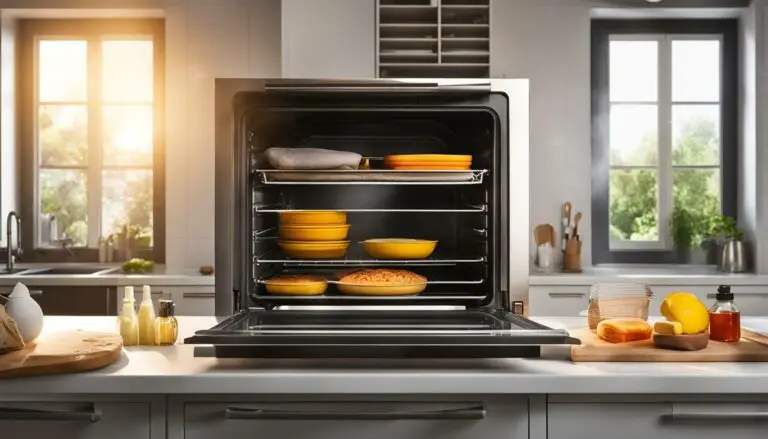
As someone who loves to cook, I know just how…

Photo Credits Alex Qian Arranging Your Furniture Pieces for Positive…
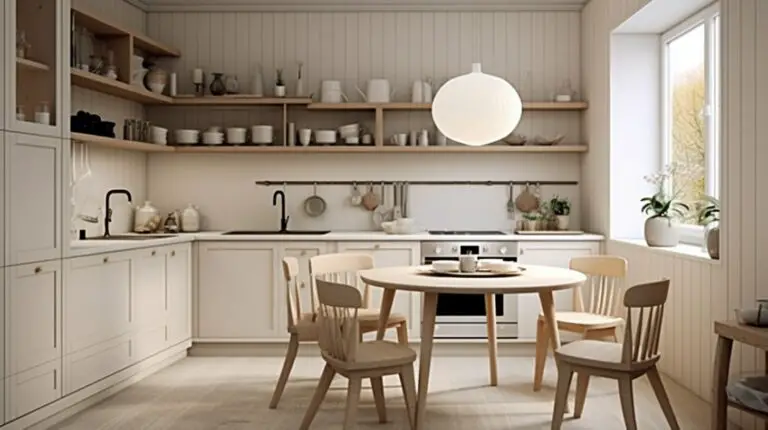
Maximizing space in a small kitchen is essential for efficient…
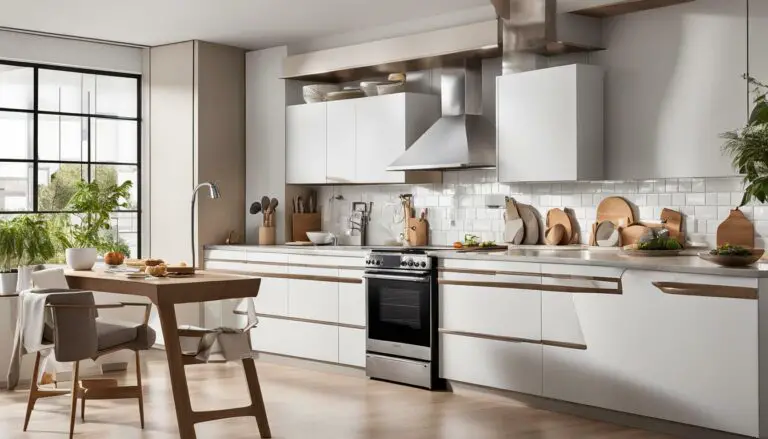
Designing your dream kitchen can be a daunting task, but…

The Wassily Chair, also called the Model B3, was designed by Marcel Breuer in 1925-1926 while he was leading the cabinet-making workshop at Bauhaus in Dessau, Germany.

Can a White Desk Brighten Your Day and Improve Your Mood?
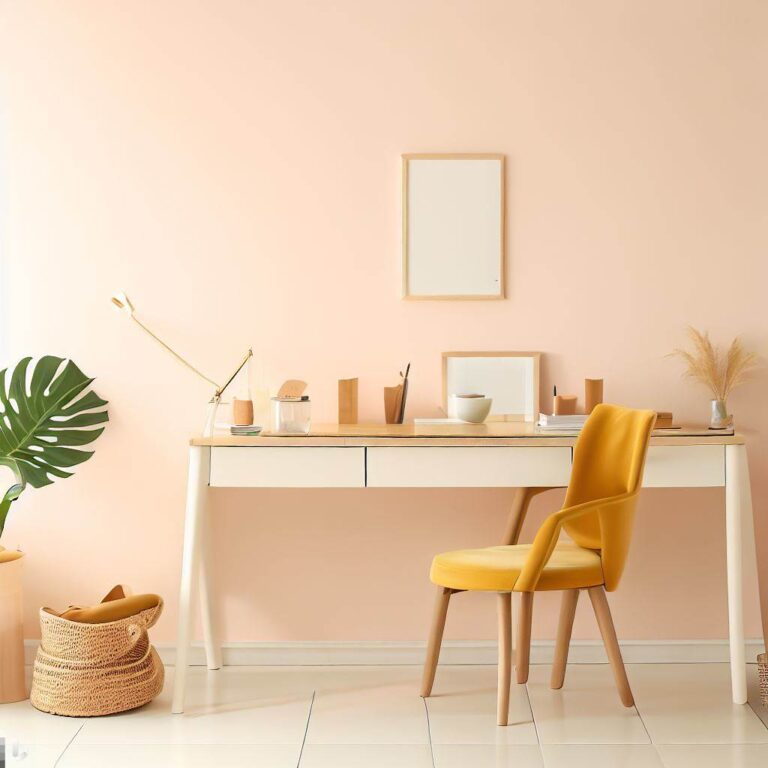
Minimalist Design Tips to De-Clutter Your Workspace. When it comes to creating a minimalist workspace, here are some tips to help you de-clutter and create a clean and organized environment.